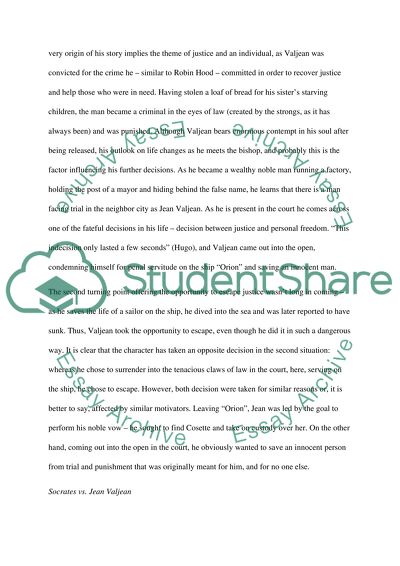Cite this document
(“Rrisoners choice in Les Miserables and Crito Essay”, n.d.)
Retrieved from https://studentshare.org/philosophy/1662874-prisoners-choicein-les-miserables-and-crito
Retrieved from https://studentshare.org/philosophy/1662874-prisoners-choicein-les-miserables-and-crito
(Rrisoners Choice in Les Miserables and Crito Essay)
https://studentshare.org/philosophy/1662874-prisoners-choicein-les-miserables-and-crito.
https://studentshare.org/philosophy/1662874-prisoners-choicein-les-miserables-and-crito.
“Rrisoners Choice in Les Miserables and Crito Essay”, n.d. https://studentshare.org/philosophy/1662874-prisoners-choicein-les-miserables-and-crito.


